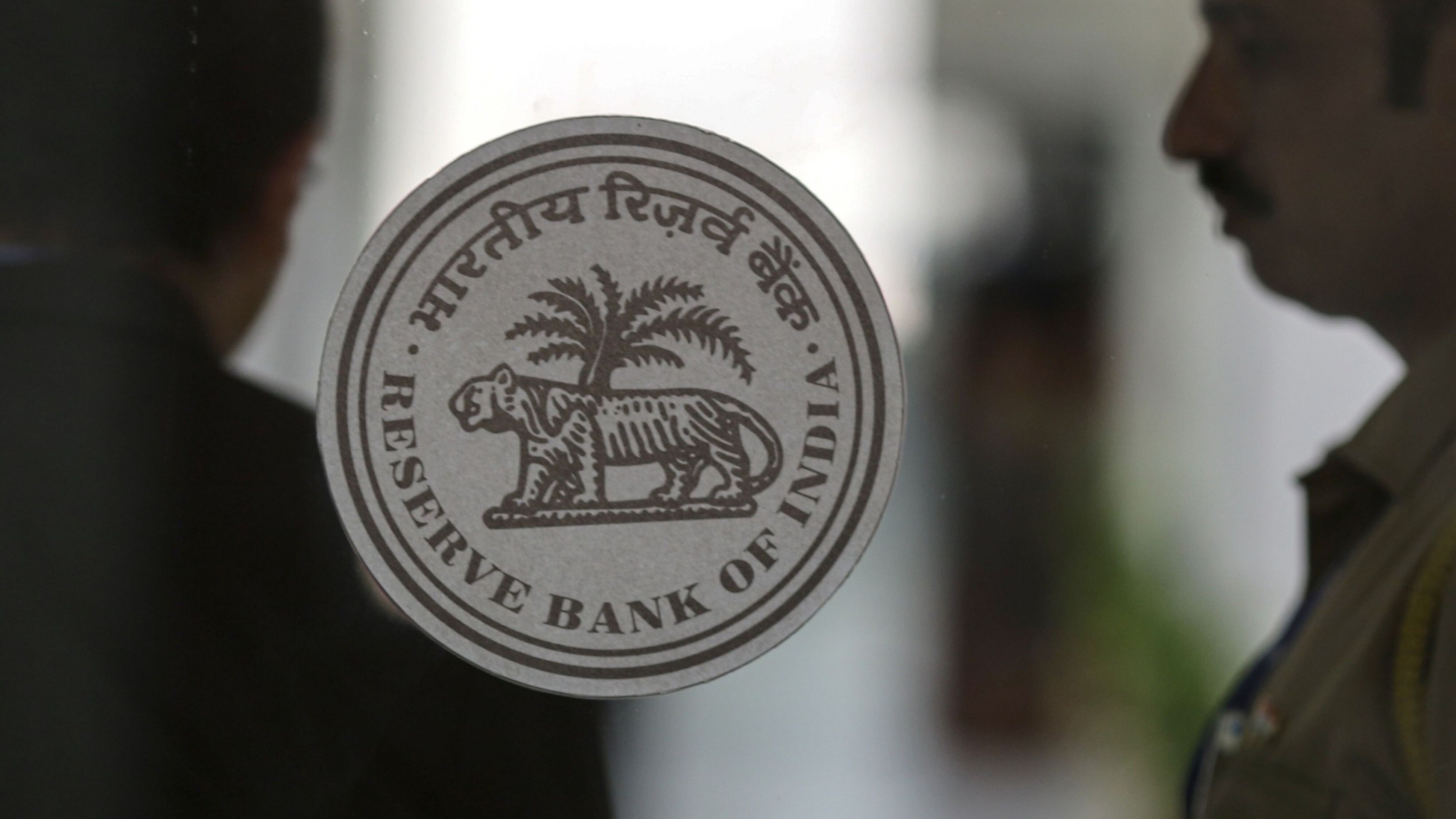
The logo of Reserve Bank of India.
Credit: Bloomberg Photo
By Anup Roy
The only member of the Reserve Bank of India’s (RBI) policy committee calling for an interest rate cut said his colleagues are keeping rates too high, which could stifle economic growth.
Jayanth Varma, an external member on the six-person monetary policy committee, voted for a quarter-point cut at the February 8 policy meeting, the first time in a year that he’s dissented from the rest.
The committee led by Governor Shaktikanta Das opted to keep rates unchanged at the meeting.
India's central bank has kept rates high to cool inflation.
Credit: Bloomberg Photo
Varma argues that India’s real interest rate — or the inflation-adjusted rate — is around 2 per cent, which is too high to support growth. His fellow policy committee members, though, say inflation is still fairly volatile and requires vigilance to meet the 4 per cent target.
“I see the rest of the MPC as focused too much on inflation, oblivious of the risks to growth from a high interest rate,” Varma said in an emailed reply to questions.
“An excessively high real interest rate is being regarded as prudent, which does not make sense unless one believes that the economy is overheating and therefore needs to be cooled down. I disagree completely with this view.”
Varma said a real interest rate of 1 per cent - 1.5 per cent should be enough to achieve the RBI’s inflation target.
He also estimates India’s potential growth rate — the pace the economy can grow at without fueling additional inflation pressure — is at least 8 per cent, which is higher than the current expansion of about 7 per cent. RBI Governor Das estimates India’s growth potential is around 7 per cent.
Varma has often disagreed with his colleagues at the MPC. He’s been voting to change the relatively hawkish language on the policy stance from “withdrawal of accommodation” for more than a year.
The central bank has kept its benchmark repurchase rate unchanged for six straight meetings as it tries to bring inflation down to the 4 per cent target on a sustainable basis.
The inflation rate moderated to a three-month low of 5.1 per cent in January and the RBI expects it to average 4.5 per cent in the next financial year that starts in April.
Varma said the slowdown in inflation “means that keeping the repo rate at 6.5 per cent is the same as steadily raising rates”. He added that “such a policy of ever-rising policy rates is uncalled for”.
Shashanka Bhide, another external member on the MPC, differed with Varma, saying policymakers need to ensure inflation eases toward the target in a sustained manner while growth remains strong.
“This direction of inflationary pressures should not be based only on the positive base effects,” Bhide said in a separate email in response to questions.
While high real rates are detrimental to growth, policymakers need to be convinced about the slowdown in inflation before taking action, he said.
“We need to have a clear indication of the trajectory of declining headline inflation to the target in a sustained manner,” Bhide said. “The projections we now have shown that there are upward pressures to the headline rate in the second half of 2024-25.”
Other highlights from the email exchange with Varma and Bhide:
- High interest rates impede investments by the private sector, and “if this persists for several years, we could descend into a vicious cycle of diminishing expectations that depresses growth,” Varma said.
- “It is important to retain our focus on the target, the headline inflation rate, at this juncture. The growth momentum is strong. Inflation rate at the target level in a sustained manner will also support the growth momentum,” said Bhide.
- “The dual mandate of the MPC should make it equally sensitive to growth and inflation unlike last year when it was necessary to focus almost exclusively on inflation,” said Varma.
- “I believe that the present policy stance is focused on the goals of both inflation and growth,” Bhide said.